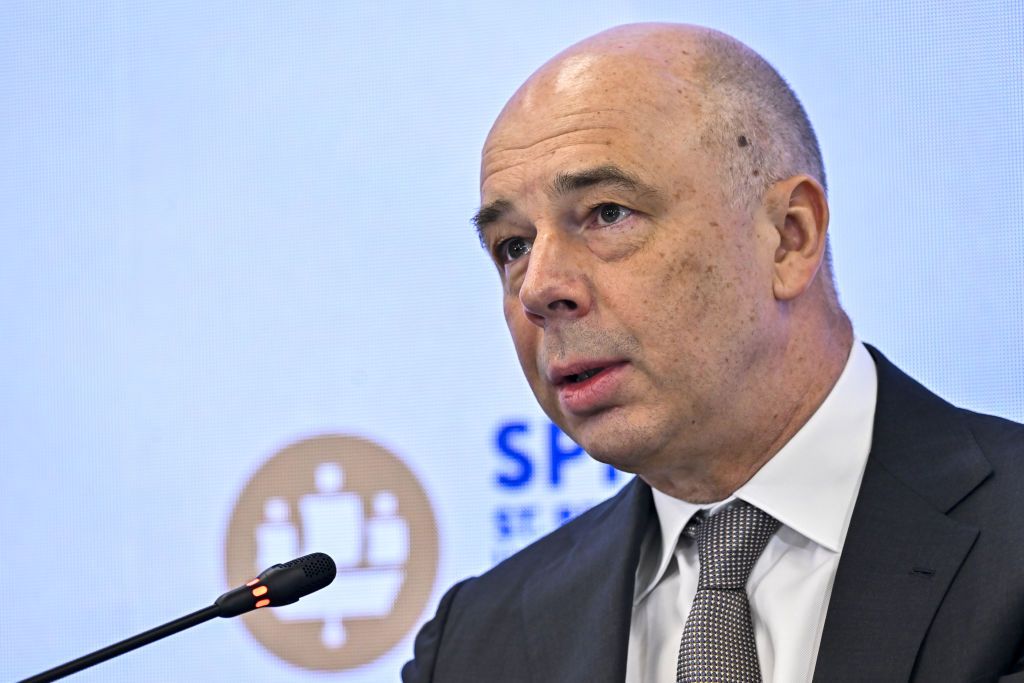The Russian Finance Minister Anton Siluanov announced that Russia’s GDP is expected to grow by 3.6% in 2024, matching the growth rate of the previous year. This comes after a period of economic contraction following the full-scale invasion of Ukraine in 2022, which led to a 2.1% drop in GDP. Despite facing Western sanctions and isolation, Russia has managed to survive through various methods and has continued to bolster its economy through oil sales, particularly to China and India. The budget deficit is maintained at about 1% of GDP, and the strong growth predictions raise questions about the effectiveness of Western sanctions.
The effectiveness of Western sanctions on Russia’s economy has been called into question as the country’s GDP is projected to grow steadily. The sanctions cover a wide range of economic areas, including trade, finance, technology, and luxury goods, but Russia has managed to find new trade partners to sustain its economy. The U.K. Defense Ministry suggested that Russia’s economy may be at risk of overheating due to increased military spending and growing inflation. Despite these challenges, Russia’s economy has remained more resilient than expected, although it is now more dependent on a smaller number of trade partners.
The Kremlin’s ability to sustain its war against Ukraine indefinitely is largely due to its oil sales to China and India, which have become the main drivers of the conflict. With Western sanctions failing to significantly impact Russian energy exports, Moscow has been able to generate enough revenue to fund its military operations. By pivoting away from Europe, Russia has found eager buyers in China and India, allowing it to continue its aggression in Ukraine. This reliance on oil sales to these countries highlights the limitations of Western sanctions and the importance of diversifying trade partners.
Despite facing economic challenges and Western sanctions, Russia has managed to maintain a level of economic stability and growth. The country’s ability to adapt and find new trade partners, particularly in China and India, has allowed it to mitigate the impact of sanctions. The Russian government has been cautious in managing its budget deficit and maintaining a balanced budget, which has contributed to its economic resilience. The continued growth of Russia’s GDP raises questions about the long-term effectiveness of Western sanctions and the ability to isolate Russia economically.
The situation in Ukraine continues to be fueled by Russia’s reliance on oil sales to China and India, as these revenues provide the necessary funds to sustain the conflict. The Kremlin’s ability to generate revenue through oil exports has enabled it to continue its aggression despite facing international condemnation and sanctions. The conflict in Ukraine remains a pressing issue, and the role of oil sales in sustaining the conflict underscores the complexity of geopolitical dynamics and the challenges of addressing conflicts driven by economic interests. The impact of Russia’s economic strategy on regional stability and global security remains a critical concern for the international community.


